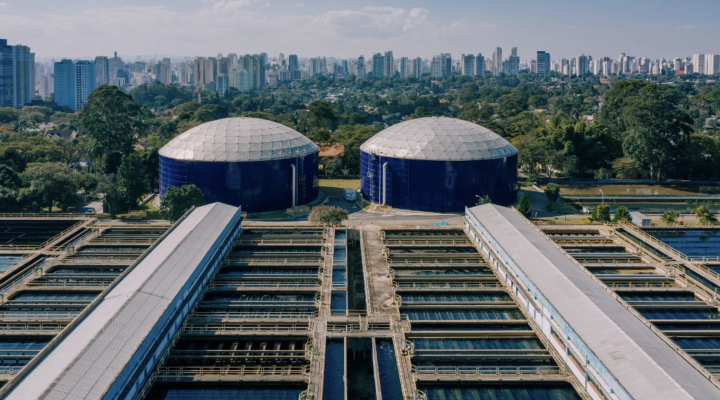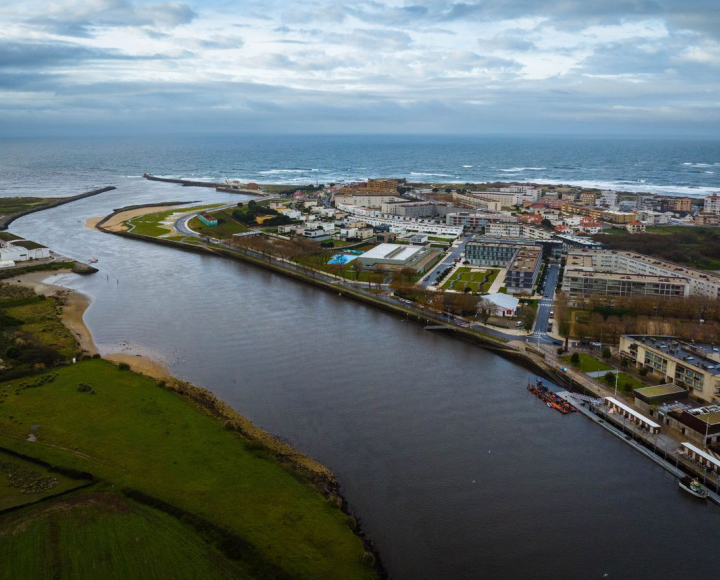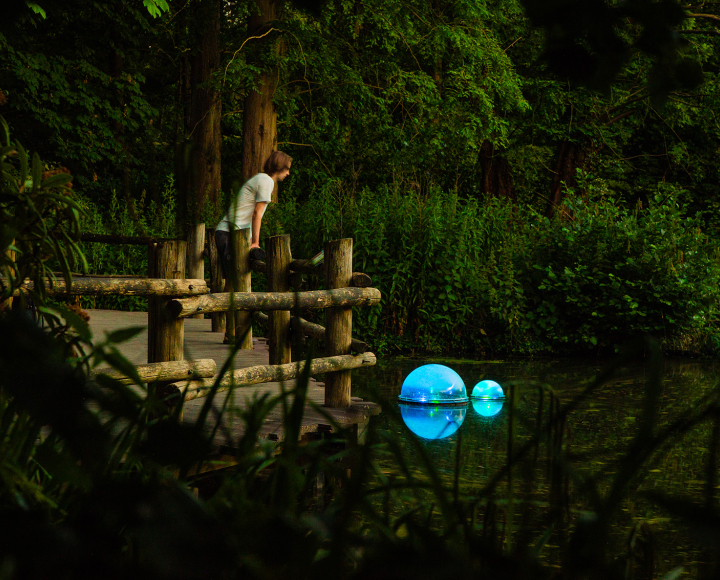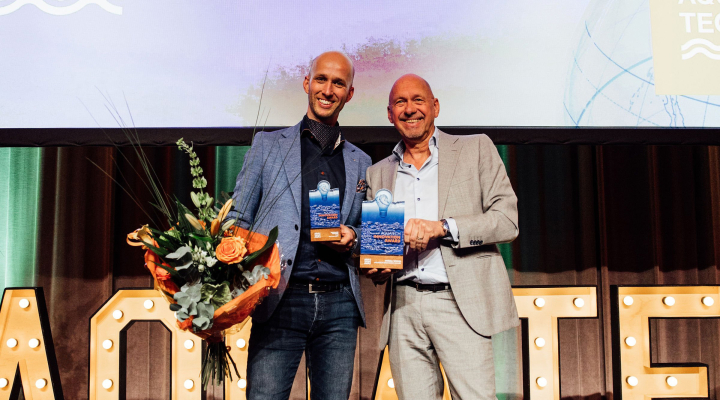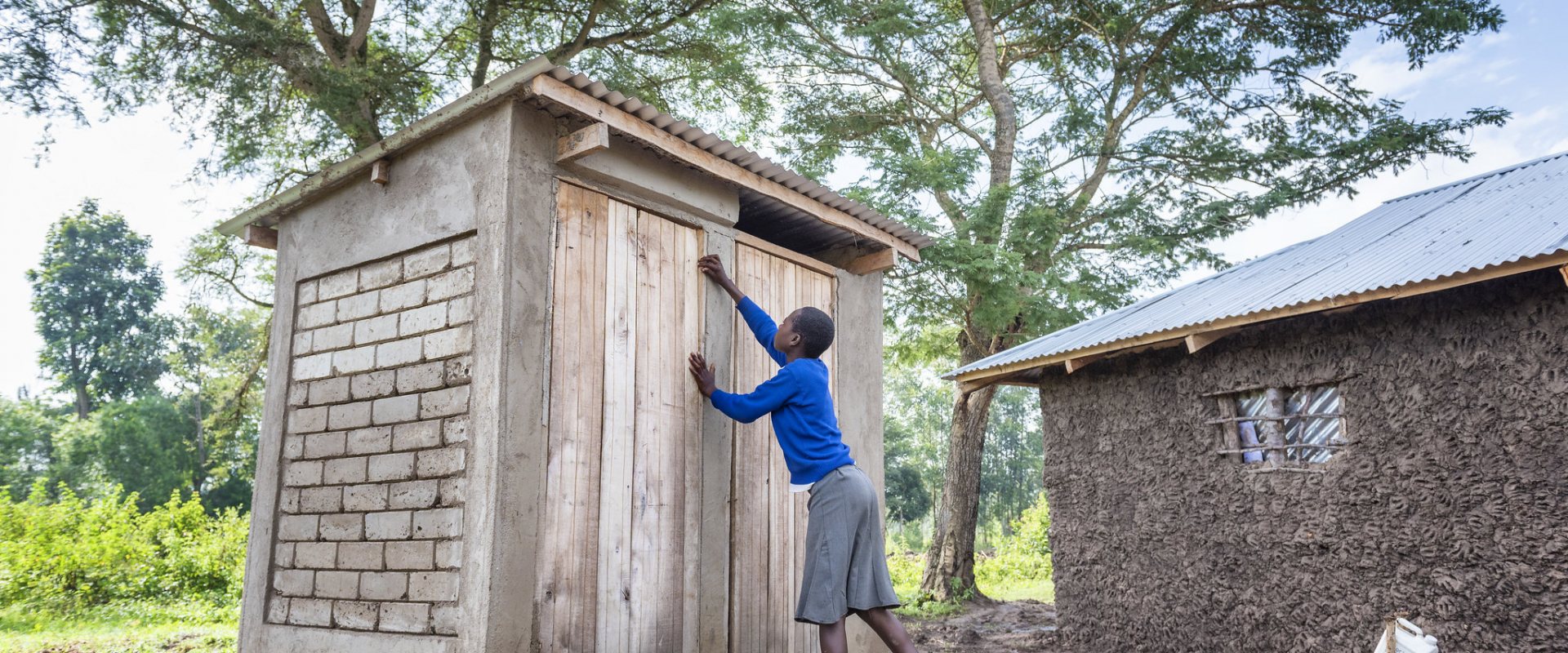
Second SanTech Hackathon looks for flood proof toilets
FINISH Mondial announced its second annual SanTech Hackaton and seeks innovations on designs of sanitation systems for rural communities in flood prone areas. The deadline for entry is 30 May.
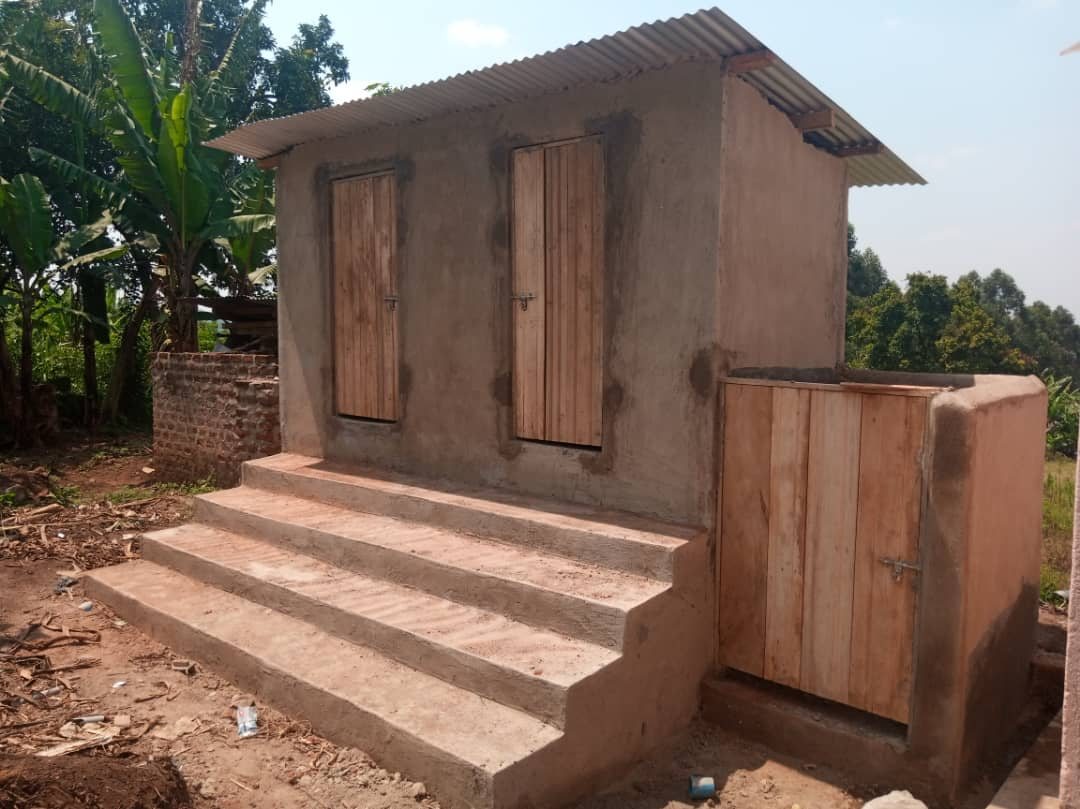

Public health issues
The first SanTech Hackathon took place in 2020 and focused on technical innovation to cut the cost of building a toilet. This year FINISH Mondial decided to hold its design challenge on sanitation in flood prone areas or areas with high water tables, such as countries like India and Bangladesh. In the flood prone areas where FINISH Mondial works, most residents are ‘washers’ so the challenge focuses on wet sanitation.
During rainy seasons, groundwater tables rise. Flooding or waterlogging can be destructive to sanitation infrastructure. Another problem is the mixing of sludge from pit latrines with the soil or surface water. Often households use the soil for agriculture and the surface water for consumption. All at the great expense of public health.
Emptied more frequently
Flooding also causes several other problems making toilets expensive and unsustainable, especially for the rural poor. For instance, latrines have to be emptied more frequently as, next to urine and faeces, groundwater fills the pit. Additionally, fluctuations of the water level can cause substructure damage and repairs are needed after each flood.
During flooding there is a high need for toilets as open defecation practice is not possible. The challenge seeks new ideas that addresses the disadvantages of the existing systems. The new design has to include all components of the toilet and its functionalities. The winners will be announced during a virtual live event on 21 July. First prize is 3,000 euro and includes implementation of the design in one of the FINISH Mondial countries.
Last year winner
The first Hackathon was held last year and challenged innovators to come up with new ways to reduce cost of the three existing sanitation systems (VIDP, DLP and Septic). FINISH Mondial received 60 applications from 14 countries.
The 2020-winner was Dr. Nicola Greene, director of Opero Services Kenya. Greene designed a pit latrine with a containment vessel that retains the solids but releases all liquids quickly to a bed of vertiver grass. Toilet users can benefit from the on-site production of this native grass that can be used for roof construction, as animal feed or as soil improvement to hold more nutrients.
Pilot projects in Kenya
FINISH Mondial has contracted Opero Services to pilot this winning innovation and the pilot kicked off in Kenya recently. Opera has also been contracted to pilot the design of last year’s second place winner Edwin Mariita, also working at Opero Services. His innovation proposed the use of moulds made from high density polyethylene (HDPE).
The moulds can be used to produce concrete panels for toilet structures. The use of these HDPE-moulds reduces the costs of labour and the use of materials by 50 percent.





